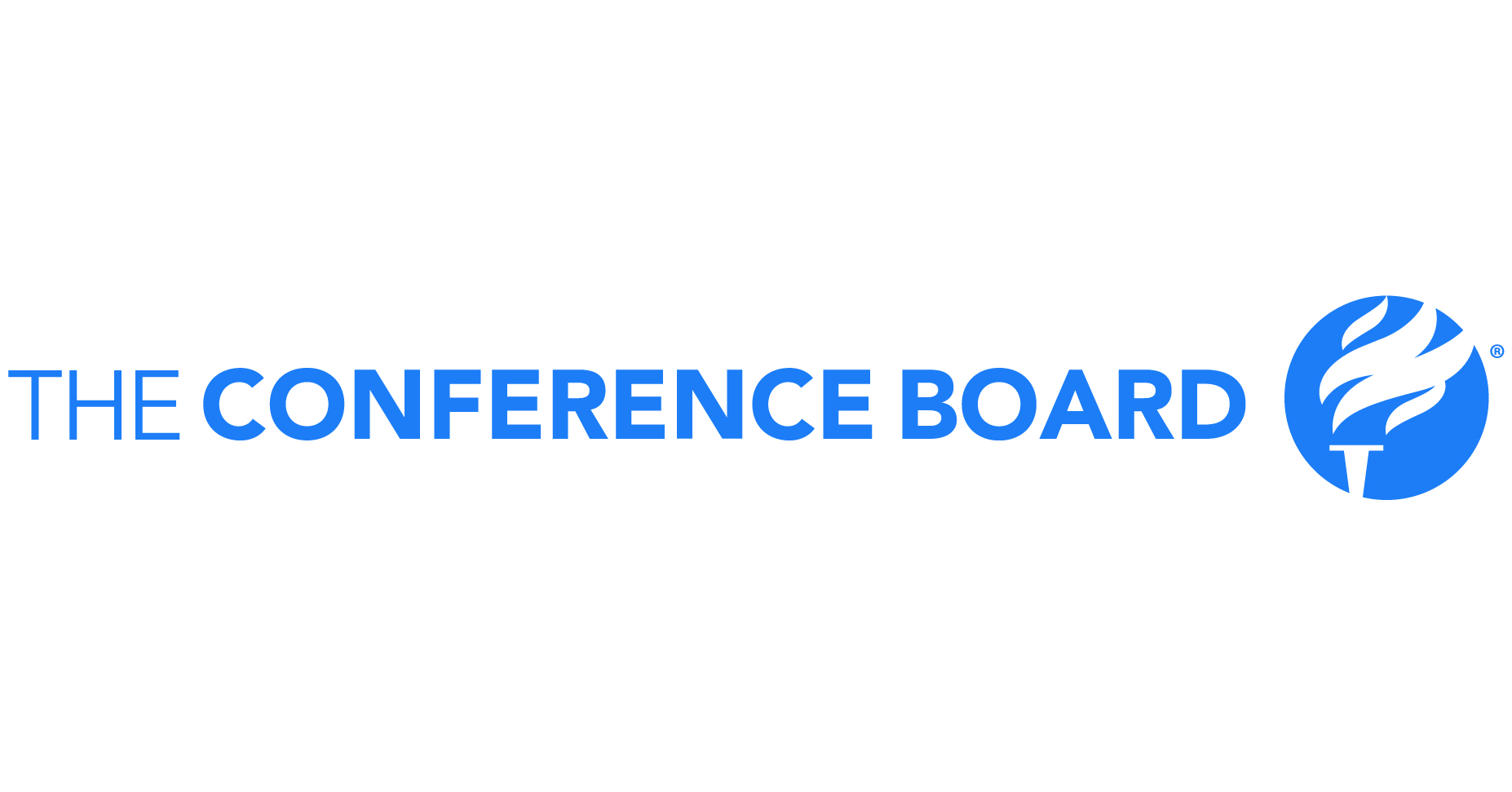
US Consumer Confidence Decreases in June: Americans' Short-Term Expectations Negatively Impact Current Business Conditions
According to recent data released by various sources, US consumer confidence decreased in June. The Conference Board's Consumer Confidence Index dropped to 100.4 from a revised level of 101.3 in May.
The present situation index, which measures consumers' assessment of current business and labor market conditions, increased slightly to 141.5 in June from 140.8 the previous month.
However, the expectations index, which reflects consumers' short-term outlook for income, business, and labor market conditions, fell to 73.0 in June from 74.9 in May.
The decline in consumer confidence can be attributed to Americans' concerns about the future of the economy. The expectations index has been below the threshold of 80 for five consecutive months, which is considered a potential recession indicator.
Despite these concerns, there are some positive signs. For instance, consumers felt better about labor market conditions in June compared to May.
Moreover, the share of consumers planning a vacation continued to increase and remains above last June's level. More consumers are planning to travel within the US than abroad.
It is important to note that consumer confidence can be influenced by various factors, including economic indicators, political events, and media coverage. As such, it is crucial for journalists to provide a comprehensive analysis of all available data and avoid drawing conclusions without solid evidence.
Sources:
- The Conference Board: Consumer Confidence Index
- CNN: Americans felt shakier about the economy in June
- PR Newswire: US Consumer Confidence Weakens Slightly in June

